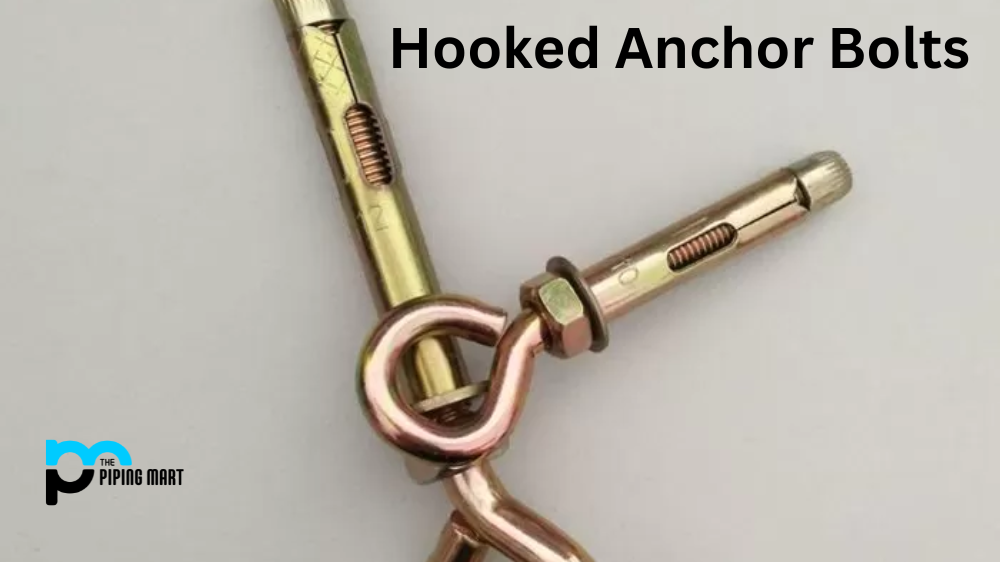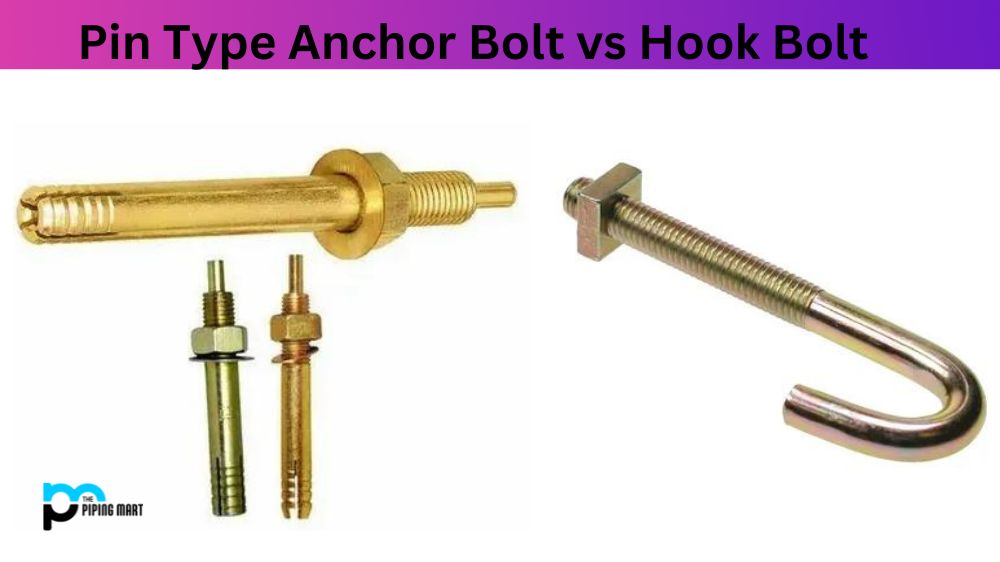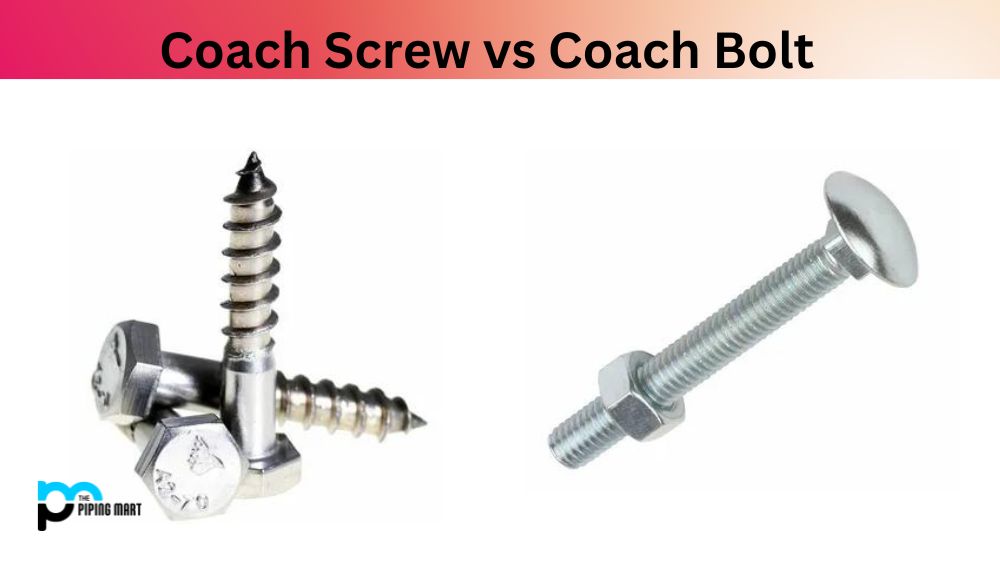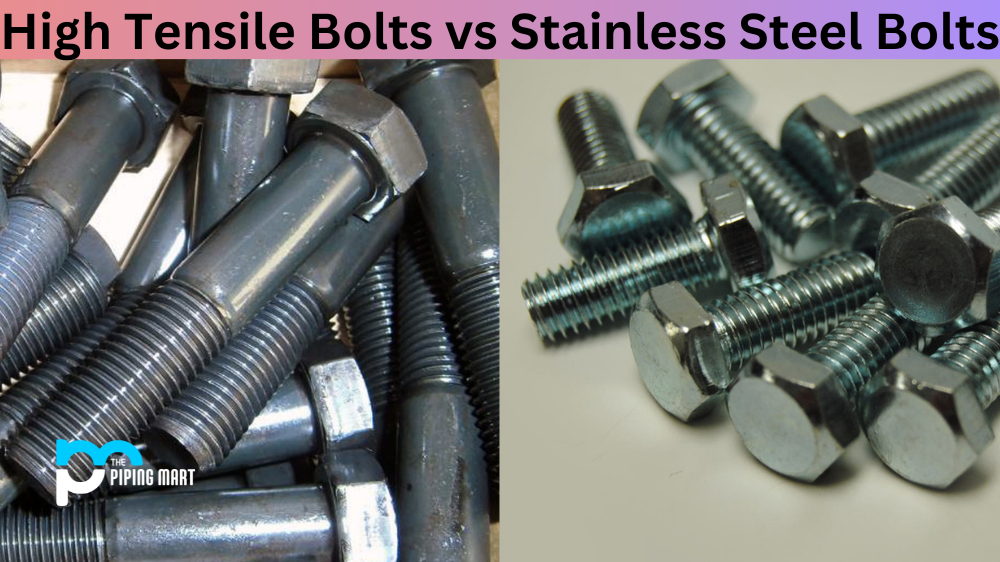Anchor bolts are a common type of fastener used in construction projects. They provide a secure and long-lasting connection between concrete structures and other materials. However, not all anchor bolts are created equal. One type, in particular, is gaining popularity due to its unique design: the hooked anchor bolt. This type of anchor bolt has advantages and disadvantages that should be considered before deciding if it is worth using. In this blog post, we will explore these pros and cons to help you decide on your next project.
What is Hooked Anchor Bolts?
Hooked anchor bolts, also known as hook bolts or J-bolts, are specialized fasteners used to secure heavy loads in concrete structures. These bolts have a unique design consisting of a curved hook at one end and threads on the other. The curved end is embedded into the concrete, providing stability and preventing rotation.
One of the key characteristics of hooked anchor bolts is their ability to resist tension forces. This makes them ideal for applications that involve heavy loads, such as building supports, machinery mounts, and bridge components. The shape of these bolts allows for better load distribution and reduces stress concentrations in the concrete.
Moreover, hooked anchor bolts offer superior performance to traditional straight anchor bolts due to their increased capacity for load transfer and flexibility in installation. They can be installed at various angles and depths, making them suitable for construction projects.
Advantages of Hooked Anchor Bolts:
Improved Load Capacity:
Hooked anchor bolts have an increased load capacity compared to traditional anchor bolts. This is due to their unique design, which allows them to transfer loads more effectively through the concrete. This means they can support heavier loads, making them ideal for projects where high stress is expected.
Better Resistance to Shear:
Shear is a force that can cause an object to slide or break. Hooked anchor bolts resist shear forces better than traditional bolts because of their design. They can hold objects in place without slipping or breaking, providing a more secure connection.
Better Anchoring Strength:
The main advantage of using hooked anchor bolts is that they provide better anchoring strength when compared to standard bolts. The hook at the end of the bolt increases its holding strength, making it more secure.
Easy Installation:
Hooked anchor bolts are easy to install, especially in places where access is limited. Since the hooks at the end of the bolts help keep them in place, it is easier to install them without additional support.
Cost-Effective:
Despite their superior load capacity and shear resistance, hooked anchor bolts are often more cost-effective than traditional bolts. This is because they require less material and are easier to install, reducing labor costs.
Disadvantages of Hooked Anchor Bolts:
Limited Availability:
Hooked anchor bolts are less widely available than traditional bolts. This means that the selection of sizes and styles is often limited, making it difficult to find the right fit for your project.
Installation Challenges:
Despite being easier to install than traditional bolts, hooked anchor bolts require specific tools and techniques to ensure a secure installation. This can be challenging for inexperienced or untrained workers, leading to a higher risk of failure.
Limited Anchor Design:
One of the drawbacks of using hooked anchor bolts is that they have limited anchor design. This is because the hook at the end of the bolt can only be used in certain types of materials, such as concrete. Fiber anchor bolts may be less effective for other materials, such as wood.
Difficult Removal:
It can be a difficult and time-consuming process if you ever need to remove a hooked anchor bolt. Since the hooks at the end of the bolt are designed to keep the bolt in place, removing it without causing any damage may take some effort.
Corrosion Risk:
Hooked anchor bolts are often made of stainless steel, which is less prone to corrosion than other types of steel. However, like all metal fasteners, there is still a risk of corrosion over time. This can weaken the connection and reduce the load capacity of the anchor bolt.
Conclusion:
In conclusion, hooked anchor bolts have advantages and disadvantages that need to be carefully considered before deciding if they are the right choice for your project. They provide improved load capacity and better shear resistance and can be cost-effective, but their limited availability, installation challenges, and corrosion risk should also be considered. Ultimately, the decision to use hooked anchor bolts should be based on your project’s specific requirements and your installation team’s expertise. If used correctly, hooked anchor bolts can provide a strong and durable connection that will stand the test of time.




